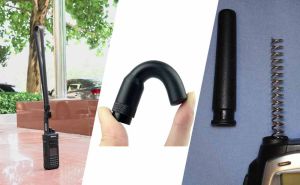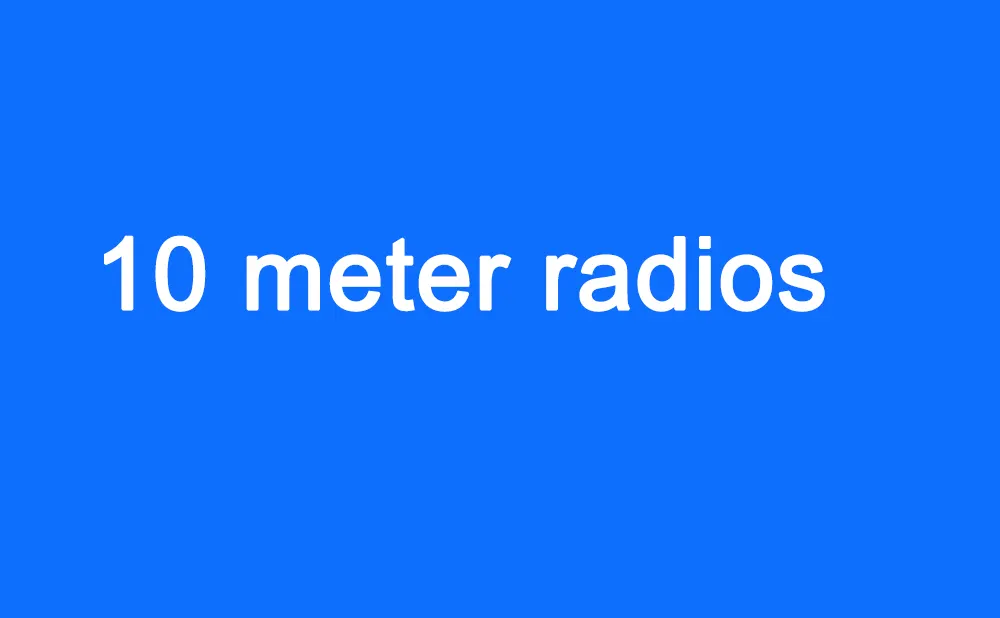Ham radio q codes chart
The Q code is a three-letter combination beginning with the letter Q, originally reserved for wireless telegraph operators, and has become a permanent part of ham jargon. ...
NXDN ham radio
The NXDN is FDMA-based and was developed to satisfy the FCC “refarming” mandate that called for all LMR use in the VHF and UHF bands to shift to narrowband capability. ...
Two-Way Radio Antennas and their Types
Antennas are used to help extend the range of your two-way radio. The range is how far your two-way radio can communicate. Improving your antenna will allow you to communicate across larger distances. There are several types of antennas that are best suited for different applications. We’ll go over the different types of two-way radio antennas to help you figure out which is best for you. ...
10 meter radios
10 Meter Radios are Amateur Radios, also known as Ham Radios, you need to have a license to operate a 10 Meter Radio. ...
How to build your own ham radio kit?
This article mainly discusses how to make a ham radio kit, what preparations need to be made, and which three steps to make a ham radio lit ...
call signs for letters
NATO and the U.S. military use the same phonetic alphabet, and it is widely accepted and used in international radio communications on the sea, air, or land. ...
Alphanumeric alphabet
The NATO phonetic alphabet is a Spelling Alphabet, a set of words used instead of letters in oral communication (i.e. over the phone or military radio). ...
Ham radio technician study guide
This article mainly talks about the ham radio technician study guide, and Amateur Radio License Study Resources ...
Ham radio cheat sheet
This article mainly discusses the Ham Radio Cheat Sheet, including Technician Level Frequency Privileges in Ham Radio, General Class Frequency Privileges, Ham Radio Q Signals and yeyu ...
Ham radio kits to build
This article mainly discusses which equipment should be purchased for ham radio kits, and recommends some ham radio kitsc ...










